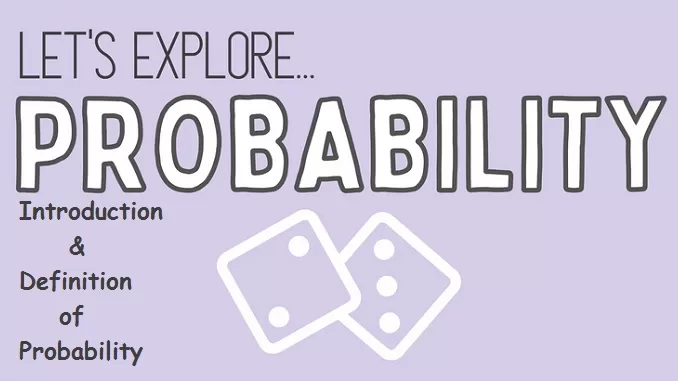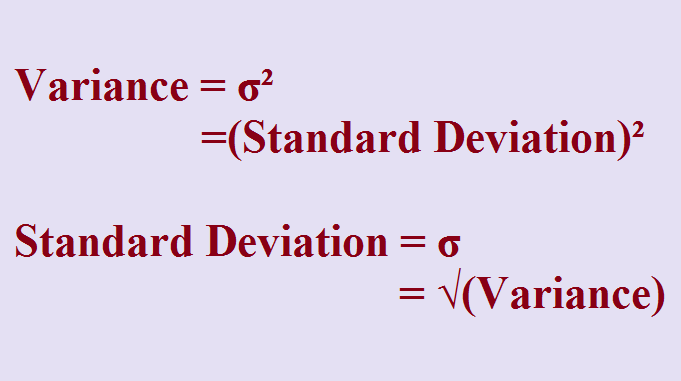
In this article, we will learn about the Introduction to Probability and the Definition of Probability.
Introduction of Probability –
The term “probability” or “chance” is used very commonly in everyday conversation, yet most people have a vague idea of what it means.
For example, we frequently hear statements like “Probably it will rain tomorrow”; “It is possible that I may not be able to join you at the dinner party”; “The chances of teams A and B winning a certain match are equal”; “Probably you are right”; and “It is likely that Mr. A may not come for taking his class today.”
All of these words—possible, probably, likely, chances, etc.—mean the same thing; they all imply that there is doubt over whether the event will actually occur or that it will not happen at all.
To put it another way, all these terms—possible, probably, likely, chances, etc.—convey the same senses, i.e., the event is not certain to take place, or, in other words, there is uncertainty about the happening of the event in question.
Thus, the word “probability” in layman’s terminology implies that “there is uncertainty about the happening of the event”. However, in mathematics and statistics, we try to present conditions in which we can apply certain methods of calculating numerical values of probabilities and expectations and make sensible numerical statements about uncertainty.
The term “Probability” is thus established by definition in a statistical sense and it has nothing to do with beliefs or any form of wishful thinking.
The games of chance related to gambling, such as rolling a die, tossing a coin, drawing cards from a deck of cards, etc., are where the theory of probability first emerged.
Read Also – Statistics and Business Statistics
Definition of Probability
The probability of a given event is an expression of the possibility, likelihood, or chance of an event occurring. A probability is a number that ranges from 0 (zero) to 1(one), where 0 (zero) represents an event that cannot happen and 1 (one) represents an event that will certainly occur.
How the number is assigned would depend on the interpretation of the term ‘probability.’ There is no general agreement about its interpretation and many people associate probability and chance with nebulous and mystic ideas. However, broadly speaking, there are four different schools of thought on the concept of probability –
1 – Classical or a priori Probability
2 – Relative Frequency Theory of Probability
3 – Subjective Approach to Probability
4 – Axiomatic Approach to Probability
(Source – Various Books of College Library)
Tags: Introduction of Probability and Definition of Probability, Define probability
Copyrighted Material © 2019 - 2024 Prinsli.com - All rights reserved
All content on this website is copyrighted. It is prohibited to copy, publish or distribute the content and images of this website through any website, book, newspaper, software, videos, YouTube Channel or any other medium without written permission. You are not authorized to alter, obscure or remove any proprietary information, copyright or logo from this Website in any way. If any of these rules are violated, it will be strongly protested and legal action will be taken.




Be the first to comment